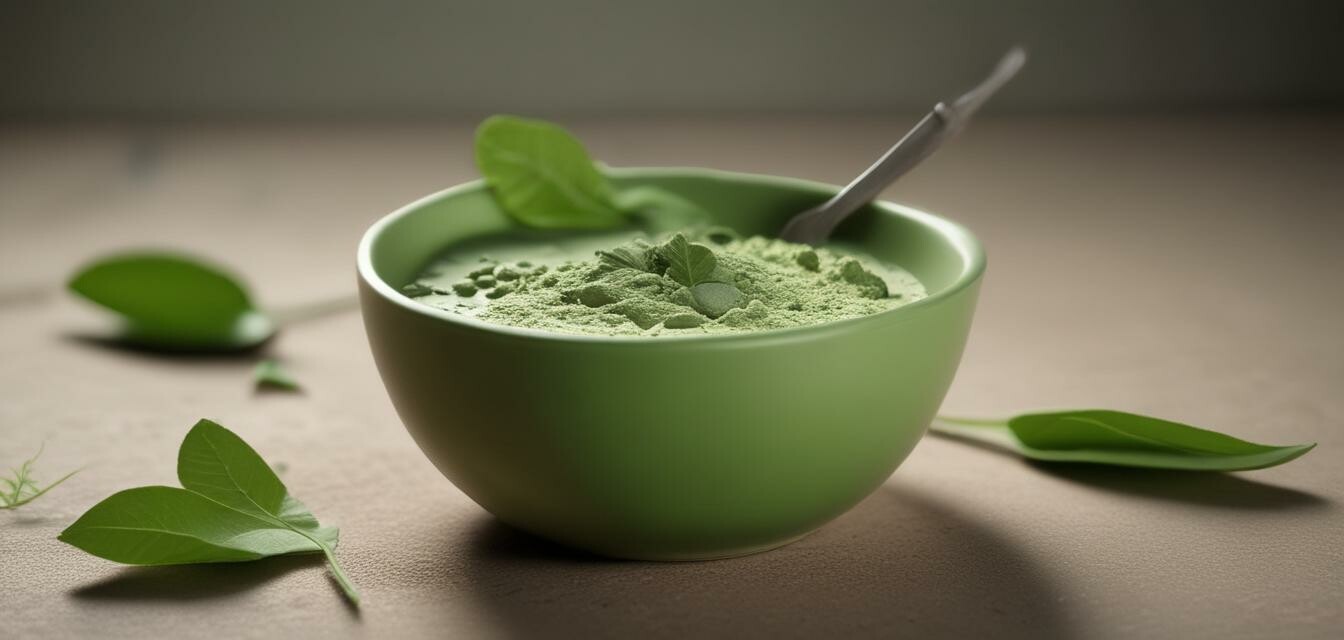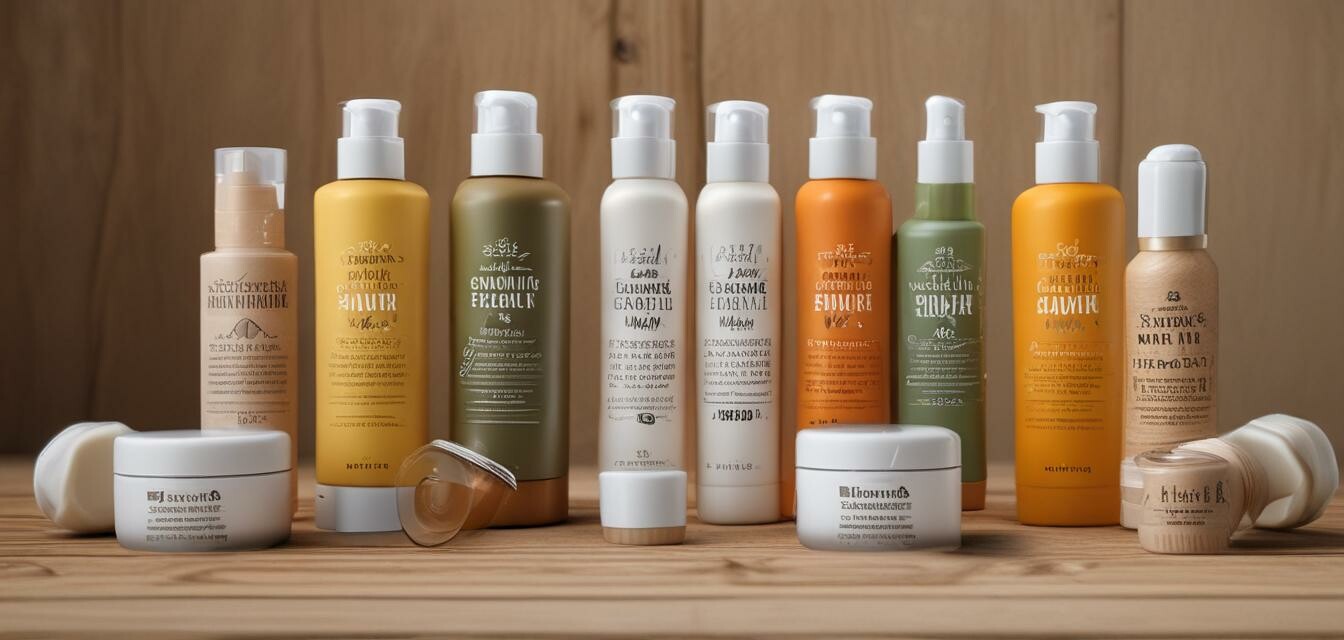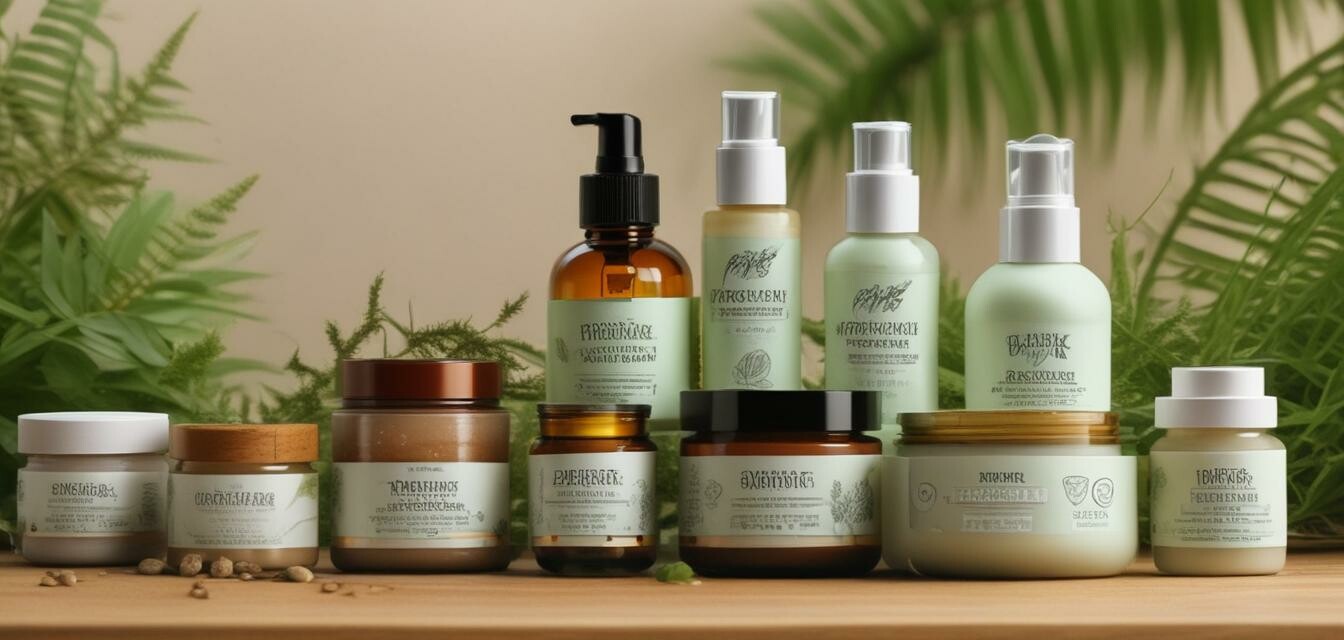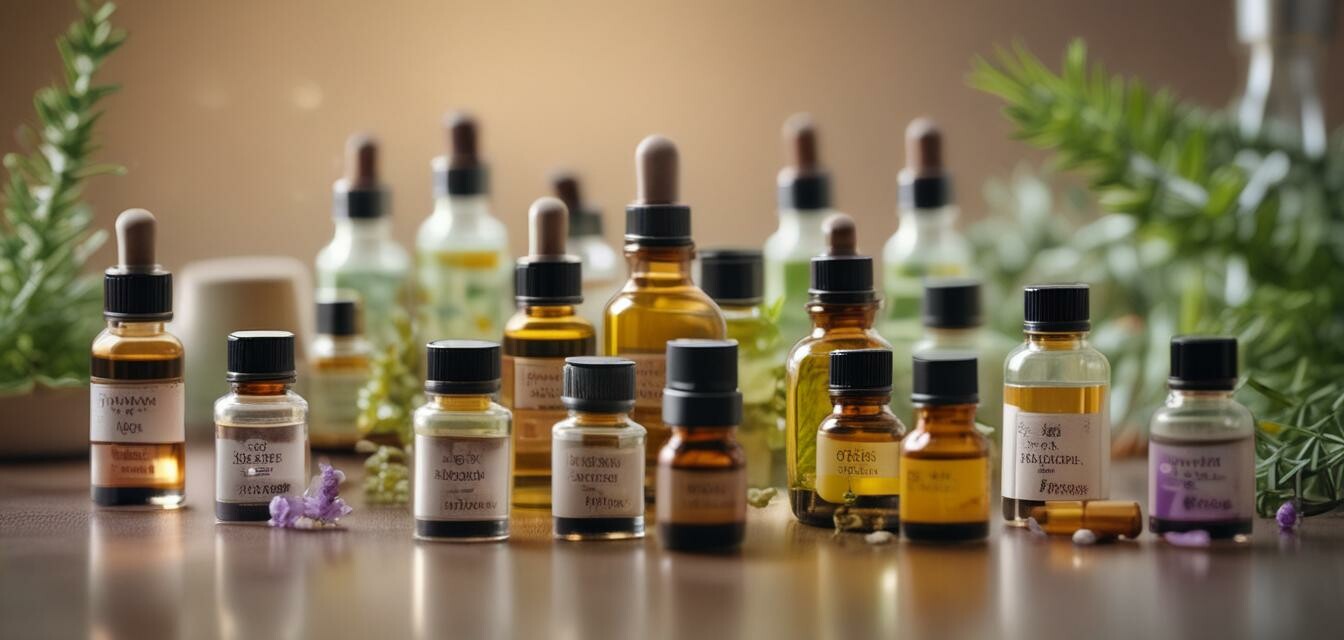
Organic Facial Masks: A Comprehensive Guide to Enhance Skin Health
Looking for a natural way to address common skin concerns and enhance your skin health? Organic facial masks are a great addition to your skincare routine! In this guide, we'll dive into the world of organic facial masks, exploring their benefits, types, and how to choose the right one for your skin type.
Key Takeaways
- Organic facial masks are made from natural ingredients, free from harsh chemicals and toxins.
- They can help address skin concerns such as acne, hyperpigmentation, and dryness.
- Choose an organic facial mask based on your skin type and concerns.
- Look for certifications like USDA Organic or EWG Verified to ensure the product meets organic standards.
Benefits of Organic Facial Masks
Organic facial masks offer a range of benefits for your skin. Here are some of the advantages of using an organic facial mask:
| Benefit | Description |
|---|---|
| Deep Cleansing | Organic facial masks can deeply cleanse your pores, removing dirt and impurities. |
| Nourishment | They provide essential nutrients and antioxidants to nourish and protect your skin. |
| Soothing and Calming | Organic facial masks can help calm and soothe irritated skin, reducing inflammation. |
| Customizable | You can choose an organic facial mask that targets your specific skin concerns and needs. |
Types of Organic Facial Masks
There are various types of organic facial masks to choose from, each with its unique benefits and ingredients. Here are some popular options:
- Clay Masks: Made from natural clays like kaolin or bentonite, these masks absorb excess oil and impurities, purifying the skin.
- : These masks are infused with serum-like ingredients, providing an intense dose of hydration and nourishment.
- Exfoliating Masks: Containing alpha-hydroxy acids (AHAs) or beta-hydroxy acids (BHAs), these masks gently exfoliate and brighten the skin.
- Overnight Masks: Designed to be worn while you sleep, these masks provide long-lasting hydration and nourishment.

How to Choose the Right Organic Facial Mask
With so many options available, choosing the right organic facial mask can be overwhelming. Here are some tips to help you make an informed decision:
| Consideration | Tips |
|---|---|
| Skin Type | Choose a mask that's suitable for your skin type (normal, dry, oily, or combination). |
| Skin Concerns | Select a mask that targets your specific skin concerns, such as acne, hyperpigmentation, or fine lines. |
| Certifications | Look for certifications like USDA Organic or EWG Verified to ensure the product meets organic standards. |
| Ingredients | Check the ingredient list to ensure it's free from harsh chemicals and toxins. |
Beginners Guide to Organic Facial Masks
- Start with a gentle, hydrating mask to get your skin accustomed to the new product.
- Always read the ingredient list and instructions carefully before use.
- Be consistent with your mask usage, ideally 1-2 times a week.
- Combine your organic facial mask with other natural skincare products for a holistic approach.
Pros
- Natural and gentle on the skin
- Customizable to address specific skin concerns
- Free from harsh chemicals and toxins
- Can be used as a relaxing self-care ritual
Cons
- May not be as effective as chemical-based masks
- Can be more expensive than traditional masks
- Some ingredients may cause allergic reactions
- May require more time and effort to apply and remove
Conclusion
Organic facial masks are a great way to enhance your skin health and address common skin concerns. By understanding the benefits, types, and how to choose the right one, you can incorporate this natural and gentle skincare routine into your daily life. Remember to always check the ingredient list, certifications, and instructions before use.
Ready to explore more organic skincare products? Check out our guides on Moisturizers and Serums, Exfoliators and Masks, and Facial Cleansers.

Happy glowing, naturally!












